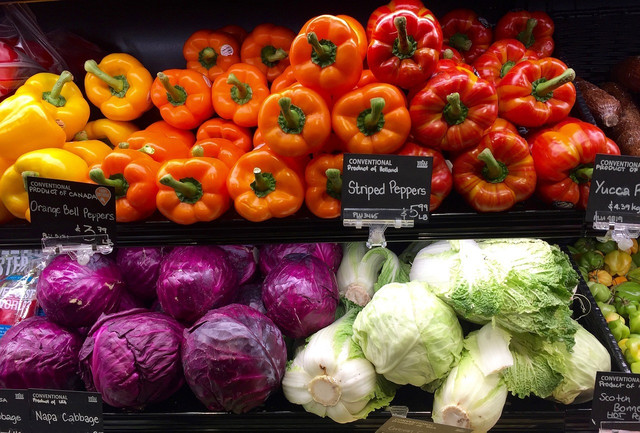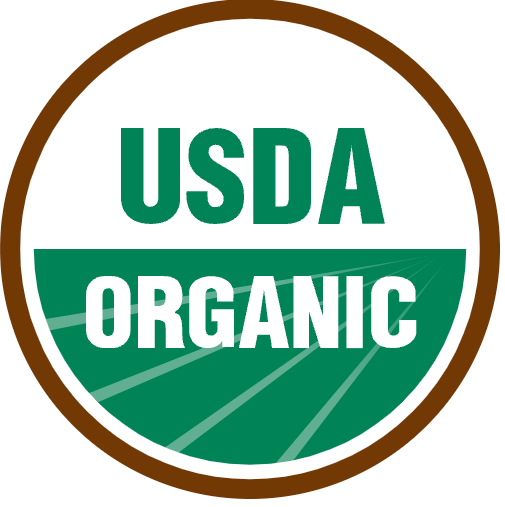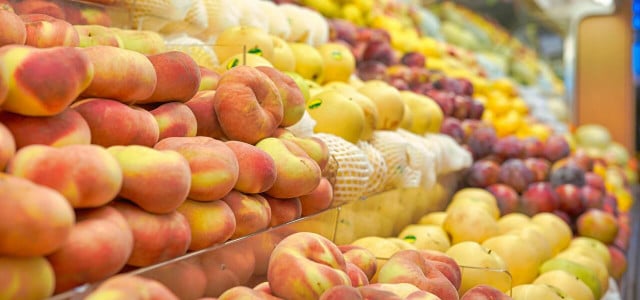Identifying organic food can feel overwhelming when facing rows upon rows of supermarket produce. PLU codes can hold the answer — here’s how.
While organic produce tends to be more expensive, it is better for your health and that of the planet. The production of organic food uses less energy and has lower emissions, making it more environmentally friendly than non-organic produce. Organic items are also better for wildlife and human wellness, as organic farming limits exposure to chemicals that often end up in waterways, soils and food. However, how can you find legitimate organic options?
Supermarkets are often busy, and finding organic produce can feel like a challenge. Thankfully, PLU codes can help.
Interested in learning more about what makes some food organic? Read our guide, What Does Organic Mean? Definition and Labels to Look Out For.
PLU Codes Help You Find Organic Food

PLU codes help consumers and sellers correctly identify produce. They are typically available in supermarkets where food is sold in large quantities. There are several types of PLU codes; however, one in particular will help you identify organic produce easily.
The number 9 tells consumers that a food item has been produced organically, without chemicals. For example, the production of organic produce often avoids pesticides and other chemicals, which can be harmful to the environment.
Produce items usually have a sticker featuring a sequence of numbers. If an item is organic, the number 9 will sit at the beginning of that sequence. That said, there are other ways to identify organic food without a PLU code.
What Do Other Organic Labels Mean?



As well as looking for PLU codes, you should also watch for a USDA Certified Organic seal. As with PLU codes, this label identifies if produce is organic.
According to the USDA, produce only qualifies as organic if it’s been clean of prohibited substances for at least three years. This rule, alongside other regulations, are are a decent assurance that the food you purchase has undergone strict monitoring. If you’re unsure if an item is organic, it’s best to ask.
Read more:
- How to Massage Kale Step-by-Step (and Why You Want to)
- What Does Non-GMO Mean? Definition, Label, Criticism
- When Was Asbestos Banned and Why?
Do you like this post?







